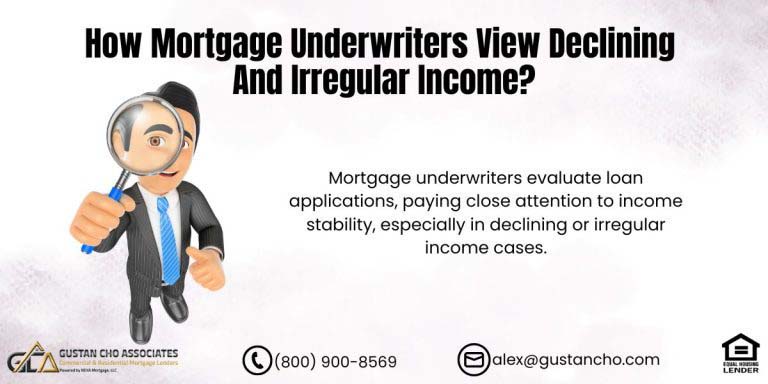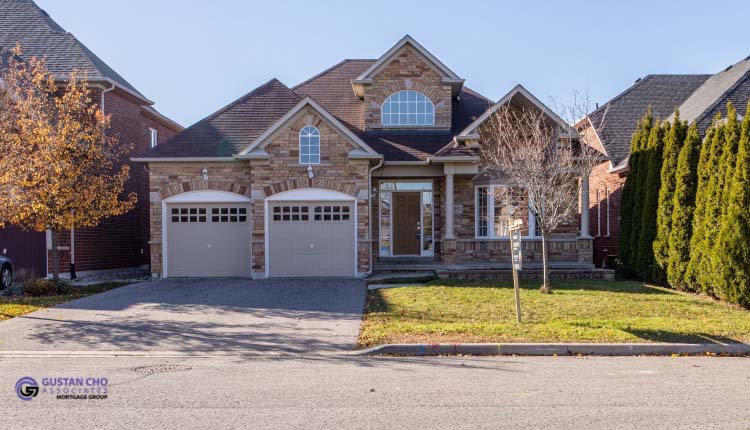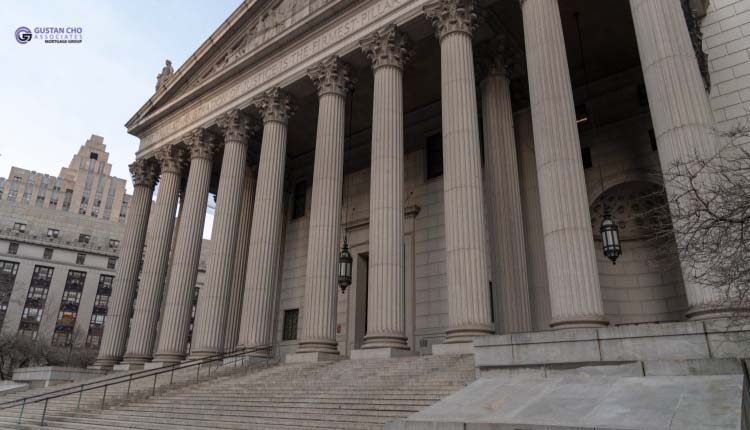This guide covers calculating monthly mortgage payment on a home purchase. Many first-time homebuyers think they need a lot of money to purchase a home. When they see that homes average $200,000, they think they could never afford a home and do not consider it.
The fact is that you do not need much money to purchase a home, and your new mortgage payment may not be that much more than your current rent payments.
On any home purchase transaction, there are two types of costs required: The down payment and closing costs for the home purchase. In the following paragraphs, we will cover calculating the monthly mortgage payment on a home mortgage loan.
How Loan Program Affects Calculating Monthly Mortgage Payments
How does calculating the monthly mortgage payment depend on the down payment? Depending on the mortgage loan program you go with, there are minimum down payment requirements for a home purchase. Here are the down payment requirements for a home purchase. Depending on the particular loan program you decide to go with.
FHA loans require a minimum of a 3.5% down payment on a home purchase. Conventional loans require 3% from first-time buyers as well as those who have owned a home within the last three years and 5% otherwise.
All lenders require a down payment. A down payment can be gifted 100% by a relative (with FHA loans). This holds true as long as the donor of the gift can sign a gift letter that states that the down payment is a gift, is not a loan and therefore does not need to be paid back. With conventional loans, part of the down payment can be gifted. VA loans and USDA loans do not require any down payment and offer 100% financing. There are closing costs on all mortgage transactions.
Closing Costs on Real Estate Transactions
Homebuyers do not have to pay the closing costs if they can get a seller’s concession or lender credit to cover the closing costs of their home purchase:
- Fannie Mae and Freddie Mac allow up to 3% sellers concessions on primary and second homes
- 2% sellers concessions on investment properties
- Homebuyers will need the down payment and closing costs to purchase a home
- As noted above, the down payment is mandatory and it can be gifted
- Closing costs come with every home purchase
- Closing costs are any costs that are incurred in closing a home purchase
These costs include the following:
- title charges
- attorney’s fees
- appraisal costs
- one year of homeowner’s insurance premium
- origination costs
Pre-paid (two months of escrow reserves, required by your lender, of homeowners insurance and property taxes), among others.
Connect With Us For Purchase A Home
Covering Closing Costs on Home Purchase Transactions
Most home buyers can only come up with the down payment and not a penny more, which is fine. Closing costs can be covered either by a seller’s concession that covers most or all of the closing costs or a lender credit, where the lender issues a credit towards part or all of the closing costs in lieu of accepting a higher mortgage interest rate. An experienced real estate agent will always ask for a seller’s concession for home buyers. HUD permits up to 6% in seller’s concessions from the home sellers.
Conventional loans will allow up to 3% of seller’s concessions towards closing costs for owner-occupied properties and 2% of sellers concessions for investment properties.
Borrowers can use the seller’s concessions to cover all of the closing costs but not put it towards the down payment. Seller’s concessions overages cannot be given to the home buyer in the form of cash. Overages must be given back to the home seller.
Overage of Seller Concessions
If a loan officer discovers that there is an overage in the seller’s concession, then the loan officer can use it to buy down the mortgage rate by buying points with the overage. If the home buyer is short of closing costs because they did not get enough of the seller’s concessions, closing costs can be covered by a lender credit.
Case Scenario of Calculating Monthly Mortgage Payment

- The down payment required is 3.5% of the $200,000 purchase price, which is $7,000
- Closing costs are $7,000, but the homebuyer only has a $3,000 seller’s concession toward the closing costs
- The homebuyer has only $7,000 and not a penny more, so where are they going to come up with the shortage of closing costs which is $4,500?
The answer to this is a lender credit. If the borrower was quoted a mortgage interest rate of 3.75% for a 30-year fixed-rate FHA loan, the borrower can choose a higher mortgage rate and get that extra $4,500 from the mortgage lender. Maybe the rate becomes 4.5% for the $4,500 in lender credit The borrower can then lock their mortgage rate at 4.5%, get a $4,500 lender credit, and avoid covering closing costs out-of-pocket.
Talk To Your Loan Officer for Single-Family Home
Property Tax Prorations on Illinois Home Purchase
There are times when a home buyer can purchase a home without any money out-of-pocket. In some cases, homebuyers can get money back at closing due to property tax prorations. In Illinois, property taxes are paid in arrears, and the home seller owes the home buyer one year’s tax credits. Property tax paid in arrears are called property tax prorations. Homebuyers in Illinois can apply property tax prorations towards their down payment.
Case Scenario of Property Tax Propartion Credits
Here is a case scenario where the home buyer will not need to come up with any money out of pocket or get cash back at closing. The buyer has only $7,000 to use for the down payment on the $200,000 home purchase. The down payment required on a $200,000 FHA Loan is 3.5% or $7,000. Closing costs are $5,000, and the buyer has a $5,000 sellers concession for $5,000 so the closing costs are covered.
The only thing the home buyer needs to worry about is the down payment. The buyer has given $1,000 earnest money for his home purchase, which will be applied towards the down payment.
Annual property taxes are $8,000. The buyer will get $8,000 in property tax proration credits, which can be used toward the down payment. The down payment required on a $200,000 home purchase is $7,000, but the buyer will get the $1,000 earnest money applied towards the down payment and $8,000 in property tax prorations. Buyer will get $2,000 at closing and get keys to their new home.
Using Online Calculators For Calculating Monthly Mortgage Payments
The above case scenario is just an example, and it may not happen often. Still, there are times when home buyers either need little to no money or sometimes will get money back at their home closing as a result of Illinois’ property tax prorations.
Calculating Monthly Mortgage Payments is not too difficult once you have all the data, such as property tax and homeowners insurance information.
If you are a home buyer and have any questions on how much your mortgage payments will be on your new home purchase, please do not hesitate to contact us at Gustan Cho Associates at 800-900-8569 or text for a faster response. Or email us at gcho@gustancho.com.









